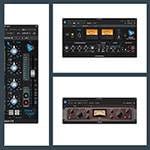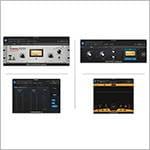Quincy Jones' Solo Albums; A Treasury of Masterpieces
This is Part III of our memorial project for Quincy Jones (titles below omitted), a renowned American producer.
In the last issue, I featured Michael Jackson's albums produced by Quincy Jones.
This time, I will focus on the solo albums released by Quincy Jones himself, which can be called the “Quincy Brand,” and I’ll talk about some of the evolution of his music and its many ups and downs that make it a treasure trove of masterpieces.
The Evolution of Quincy Jones
Quincy studied jazz at Berklee College of Music and began his career as a professional trumpet player. During his early years, Quincy acquired the ability to play most instruments, including piano, bass, and drums. His knowledge of the instruments was essential as he worked with Lionel Hampton's orchestra as an arranger and then as a producer.
The beauty of Quincy is his ability to look at music from a bird's eye view, assess it, and make magic with it. And, this is projected onto the Quincy connections. As a black man, Quincy made music with strong black music elements until the early 1970s.
In the mid-1970s, however, black music began to be mixed with elements of white music, and as the proportion of white music became stronger, the Quincy brand became more sophisticated. There was also an interaction between black and white musicians.
However, this does not mean that Quincy Jones' identity has been eroded by whites.
I believe that the cross-fertilization of Quincy's black musical sophistication with white elements has added depth to Quincy Jones's music.
The following two albums can be seen as a turning point in this area.
■ Recommended album: Smackwater Jack (1971) by Quincy Jones
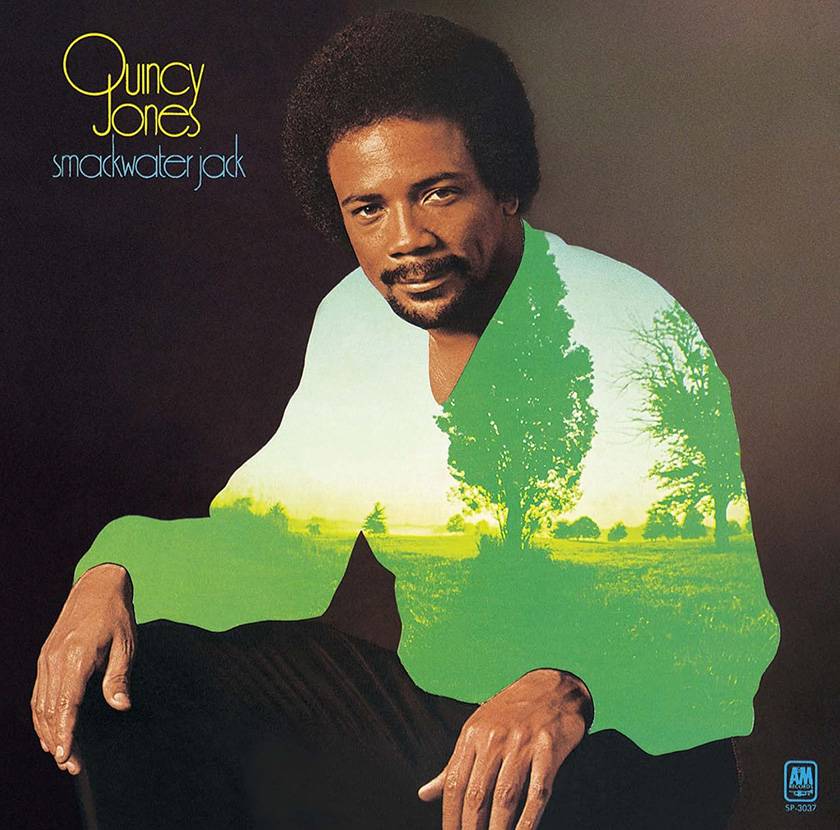
Freddie Hubbard (Tp), Jim Hall (g), Eric Gale (g), Joe Beck (g), Bob James (keys), Joe Sample (keys), Jimmy Smith (keys) Toots Sielmans (ham), Milt Jackson (vib), Grady Tate ( (dr), and other first-call musicians with strong jazz elements are called upon. Moreover, the entire membership is made up of a large number of musicians of black descent.
The album includes well-known songs such as the “Theme from Ironside” which was used in a Japanese TV program and gained recognition, along with Marvin Gaye's “What's Going On”.
Produced by Quincy Jones and the greats Ray Brown and Phil Ramone.
Quincy Jones, who is also a performer, takes up a lot of space in his instrumental solo parts. Jazz was an important part of his music, as he was a musician and his ad-libs were a major expression of his musicianship. The improvisation space on this album is mainly in the four beats. The equation “jazz = blackness” must have been an important identity for Quincy.
Recommended song: Ironside (Theme from “Ironside”)
The song starts with a portamento-laced synthesizer sound that recalls the sound of a police car's emergency siren. Once you hear that theme, you will never forget it. It has more impact than “Soul Bossa Nova”. Strong solos by flutes, saxophones, and other instruments rush in between the theme with a variety of beats in the background. The trumpet solo on beat 4 is particularly outstanding.
Recommended Song: “What's Goin' On”
Hubert Laws' flute is the theme of this song, and female vocals enter from the chorus. From there, the song proceeds in a big band arrangement, but then suddenly, the vocals chime in...it’s such an outlandish arrangement.
After the vocals of the chorus ends, there is suddenly a 4-beat flute solo, followed by a trumpet solo and then a big band arrangement... The kaleidoscopic development of the song makes it difficult for the listener's brain to keep up with the rest of the music.
Milt Jackson's marimba solo, the development from the B-melody vocal to the chorus, and the 4-beat guitar solo...are too vivid and too cool.
The interplay between the female chorus singing the sub-theme and the brass ensemble, the development of the violin solo on the fourth beat, and Toots Sielmans' harmonica solo...too cool!
This song makes me think that the music is just a canvas for Quincy. A must listen!
■ Recommended Album: Quincy Jones, Body Heat (1974)
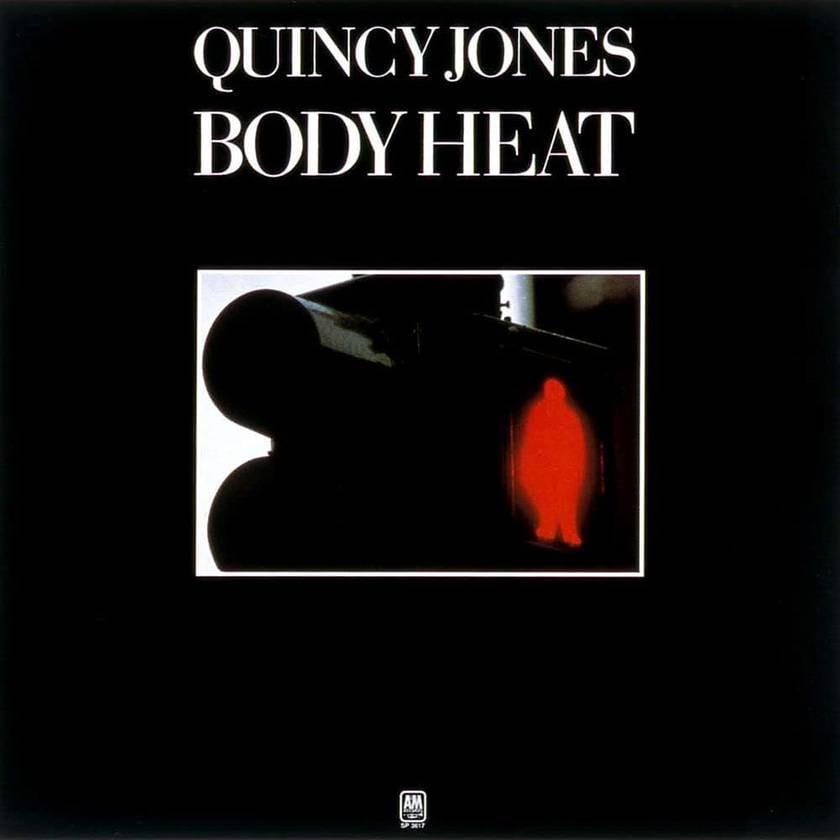
Quincy Jones' 1974 masterpiece album produced with a black man's take on crossover. From the opening track, you can hear the ultimate in sophistication. The degree of sophistication does not descend until the end of the album.
Quincy's name becomes a shining brand as he sublimates black music from his own unique perspective.
First-call musicians such as Bob James, Richard Tee, Dave Grusin, Billy Preston, and many others participate and add some color to Quincy’s sound.
Lending a hand in this refinement are the synthesizers played by a group of skilled keyboardists. The synthesizers are used more extensively than on the previous album, which adds a certain sparkle to the songs.
Behind this is the magic of Quincy Jones' arrangements. From the very beginning, the album is full of messages that announce the arrival of new music.
Recommended music: “Body Heat”
Separate synth bass and electric bass phrases intertwine, and the spicy sound of a portamento synthesizer cuts through the vocal part with a vengeance over a pitch-black organ backing with 16 feet of drawbar and a foot of bare drawbar. Quincy must have been a master at this kind of arrangement in 1974.
Recommendation: “Everything Must Change”
A brilliant interplay of acoustic and electric pianos. The casual sine wave synthesizer obbligato over the main vocals is awesome.
Midway through the song, the rhythm changes completely, leading to a muted trumpet solo reminiscent of Miles Davis....
This is a song that shows off Quincy's arranging talent. This is a great ballad by Benard Aigner that will go down in history.
Recommended Song: “If I Ever Lose This Heaven”
A percussion-like ensemble of various instruments and voices: bass and guitar chord glissandos, congas, and vocals. Quincy's arrangement, with its various draws, is excellent.
The melody of the chorus is a wonderful Leon Ware song. Leon is a Detroit-born soul and R&B singer, composer, and producer who, since the mid-1970s, has become known as a professional writer, providing songs for Quincy Jones, Minnie Riperton, Melisa Manchester, and others.
Musicians, albums, and song recommendations featured in this issue
- Artists: Quincy Jones, Benard Aigner, Leon Ware
- Albums: Smackwater Jack and Body Heat
- Recommended songs: “Ironside (Theme from Ironside)”, “What's Going On”, “Body Heat”, “Everything Must Change”, “If I Ever Lose This Heaven”
The “sound & person” column is made up of contributions from you.
For details about contributing, click here.






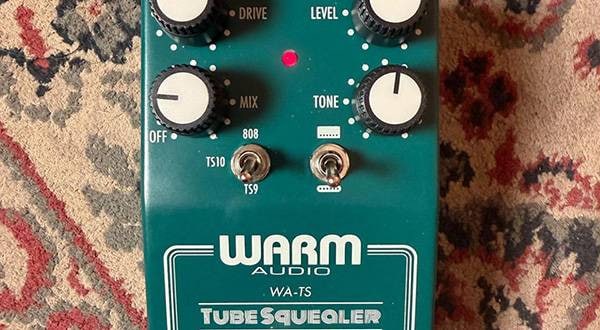
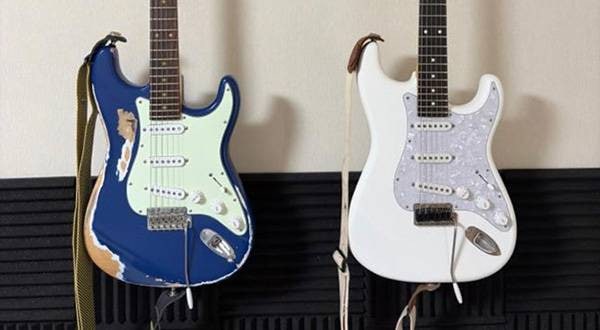
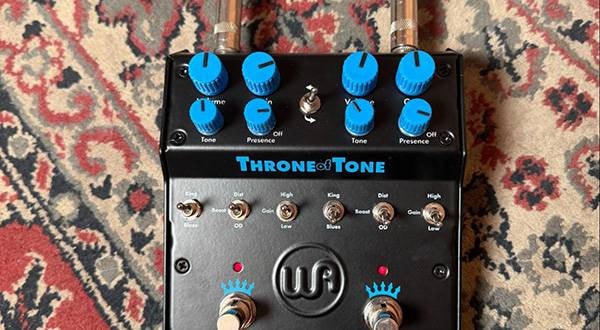
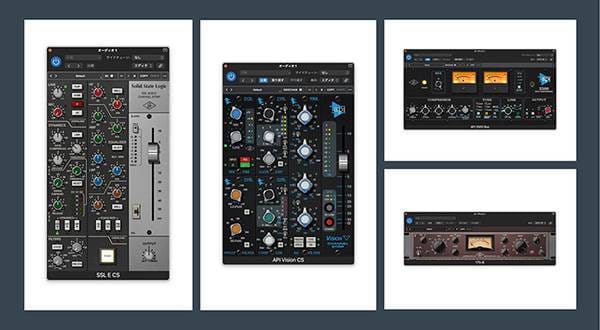

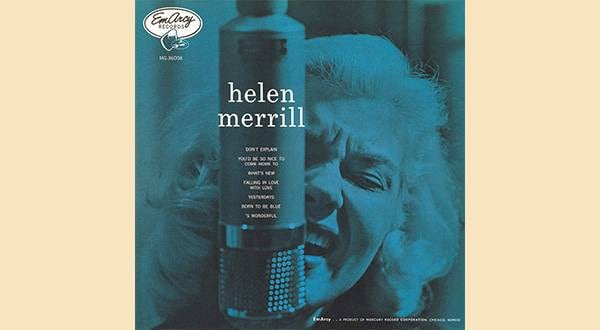
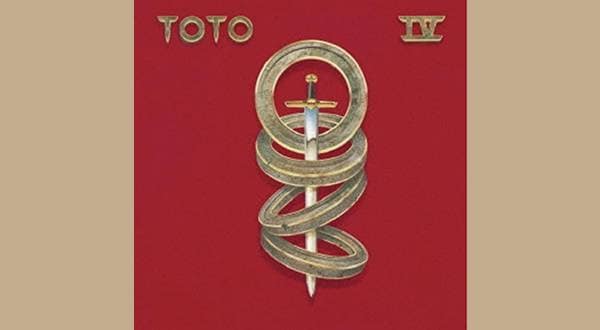


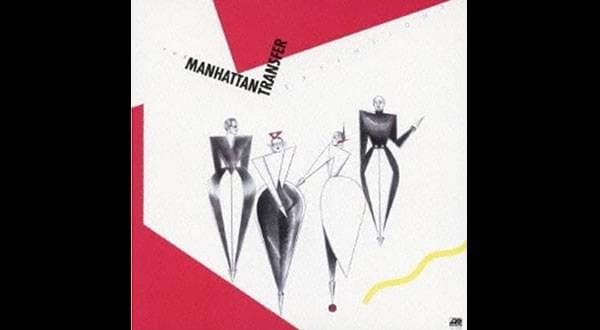
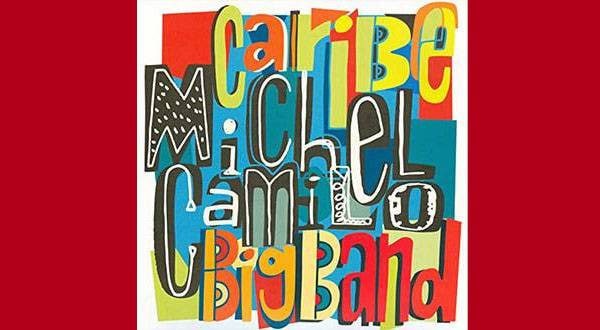
 虎の巻 トランペット
虎の巻 トランペット
 フルートの仲間
フルートの仲間
 フルートの選び方 材質、キィタイプ
フルートの選び方 材質、キィタイプ
 トランペットの選び方
トランペットの選び方
 ブラジリアンパーカッション編
ブラジリアンパーカッション編
 パーカッション編
パーカッション編



